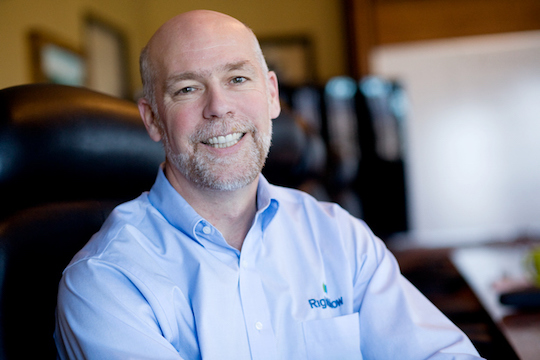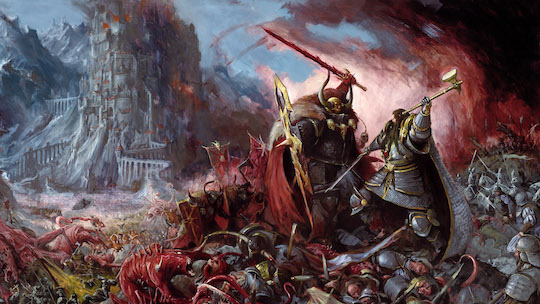Donald Trump had a big weekend. On Saturday, he told a rally of his supporters in Birmingham, Alabama that “we have to surveil the mosques.” After a half-dozen white attendees at that rally knocked a Black Lives Matter protestor to the ground and kicked him for a while, Trump went on This Week and told George Stephanopoulos that “maybe he should have been roughed up.” In the same appearance, he called for the return of waterboarding and said he would “not at all” rule out a database of Muslims living in the United States. Sunday afternoon, he tweeted “statistics” claiming that 81% of white murder victims are killed by blacks. According to the FBI as reported by the Daily News, it’s actually about 15%.
Friday links! Unpopular policies edition
Well, that was fast: The Combat! blog team is pleased to announce the return of the comments section, after literally several of you wrote in to say you wanted it back. The people have spoken, and they will continue to speak in a designated protest zone under each post. You can all go back to threatening my brother and making in-jokes about SAT tutoring there, while posts themselves will remain the exclusive province of my ill-considered rantings. Today is Friday, and policy is for the people to respond to but not, you know, make. Won’t you gather torches and pitchforks with me?
Greg Gianforte: quiet on religion, still animated by ideas
Last time we checked in on Greg Gianforte, he had just cited the example of Noah, who was still working at age 600, to argue that “the concept of retirement is not biblical.” It was a pretty exciting quote, implying as it did that a man who had sold his own business for $1.5 billion A) regarded the Genesis story of Noah and the great flood as literally true, and B) wanted us to keep working until we died. The press had fun with it. It was kind of a shame, since this admittedly batty comment overshadowed Gianforte’s main policy idea, which was to encourage professionals who had left the state to “come home and bring their jobs with them” as telecommuters.
Montana has the second-lowest average wages of any state in the union. Unemployment is low, but pay is terrible. I was shocked, when I first arrived here for grad school, to find jobs for skilled carpenters advertising $8.50 an hour. Our per capita income is 38th, but that’s because of resource extraction, rental income, selling pieces of the ranch to Californians, et cetera. If you work for a living, Montana is a bad place to do it.
Gianforte’s focus on attracting high-paying jobs to the state therefore seems well-placed. Before he sold it to Oracle, the company he founded paid hundreds of employees around Bozeman an average wage of $92,000 a year. He is a tech guy, an engineer. He believes the problems in Montana’s employment system have solutions, and we can find them if we think carefully enough.
One cannot help but notice he has tweaked the system of his candidacy, as well. I sat down with Gianforte for about an hour last week, and he did not mention his religion until I asked about it. Even then, all he would say was that no one has the right to force their beliefs on anybody else. I found him likable and smart, and clearly excited by ideas—this time, classical economics instead of biblical creation. You can read all about our interview in this week’s column for the Missoula Independent. We’ll be back tomorrow with Friday links.
Is this image sexist?
Tweeting the cover of Doug Henwood’s Hillary Clinton book My Turn, Salon’s Amanda Marcotte remarked, “I keep hearing it’s unfair to think that some of the male Clinton haters on the left might have issues with women.” She was being facetious. But what about this image is sexist, exactly? It’s not flattering, insofar as it depicts Hillary as ruthless, even cold. But it also places a woman in a position of power, holding a traditionally masculine totem of violent authority, which she points directly at the male gaze. As critical as the title “My Turn” is, in conjunction with this image, it suggests that Hillary is assertively demanding what she believes is rightfully hers. And the artist, Sarah Sole, told International Business Times, “I love Hillary Clinton. I support her. I very much want her to be president.”
Meanwhile, in the realm of fantasy
Once in a generation, someone invents a story so powerful it rewrites the world. For our generation, that story was the Iraq war, and we will probably watch sequels the rest of our lives: ISIS, proxy war in Syria, ethnic nationalism returns to Europe, Ahmed Goes to Camp(s), et cetera. As made-up stories go, “we invade Iraq and they love us” is Huckleberry Finn, and the rest of us are writing Hardy Boys. Further fictions pale. Yet Kurt Schlichter’s What Defeating ISIS Would Look Like proves that in the field of literature, there is still a lot of work to be done. A taste:
The Americans published daily body counts. This horrified liberals, but delighted the American people, who for too long had had no good news nor any way to measure success.
Now hit that More button and eat the whole meal.





